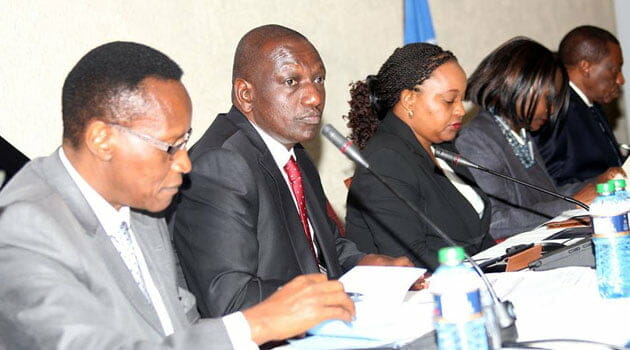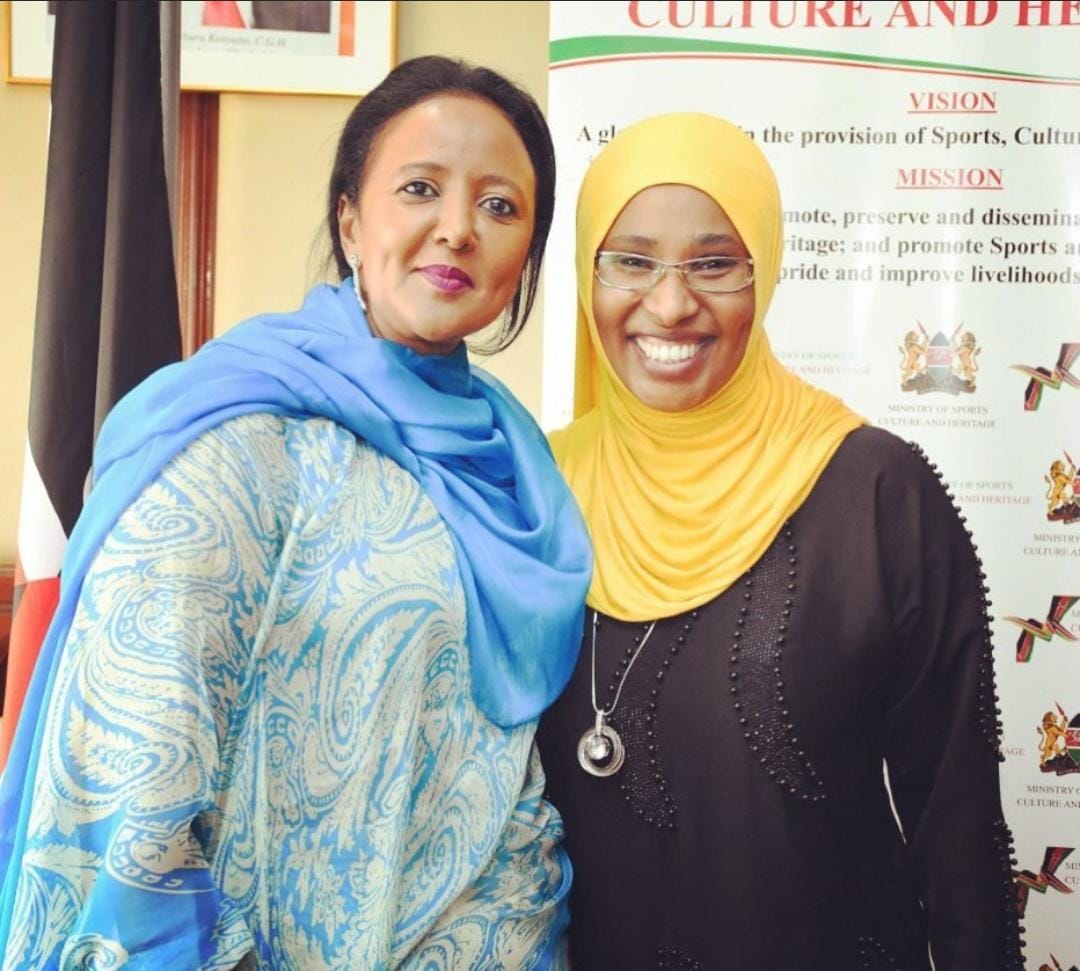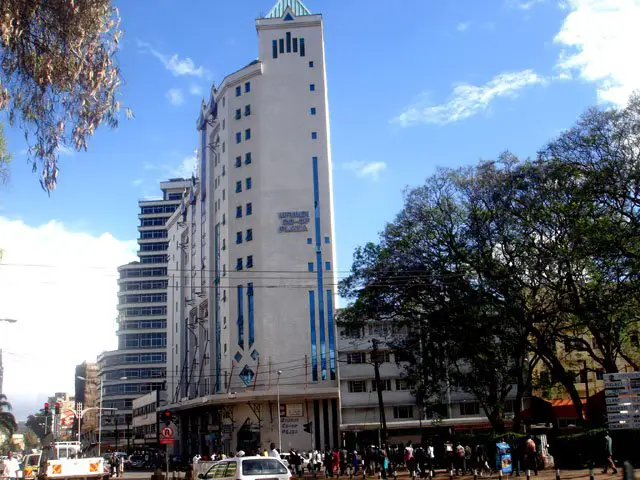Deputy President William Ruto on Wednesday warned public schools management boards against failure to adhere to the new fees structure released last week.
Speaking during the 1st Forum of Ministers of Social Development for Eastern Africa in Nairobi, Ruto warned that stern action would be taken against schools that fail to observe the new guidelines.
“The ministry has issued new guidelines and we expect every school management board to strictly adhere to the fees guidelines. Anybody who steps outside what the government has given as guidelines should face consequences,” he warned.
Ruto said the government will not compromise on the new guidelines to ensure that the goal of providing affordable education to children in Kenya is achieved.
According to Ruto, there are no reasons to justify high fees charged by some public schools since they receive funding from the government.
“There are schools that charge Sh90, 000, Sh100, 000, Sh120,000… that really has to stop,” he cautioned.
He explained that already Sh40 billion was being disbursed to both primary and secondary schools wondering why some schools are still demanding exorbitant fees.
The guidelines released on February 20 directed day secondary school students to pay Sh9,374 and Sh53,553 for boarding while students with special needs will pay Sh37,210.
The amounts are exclusive of the government levy fee of Sh12,870 for the free day secondary programme for regular schools and Sh37,210 for schools with special needs facilities.
Addressing delegates attending the three-day conference, Ruto said Kenya was committed to ensuring education is affordable at both primary and secondary school levels.
The conference that has attracted over 13 African nations intends to discuss issues affecting the East African region with keen interest on seven thematic areas.
Cabinet Secretaries for Devolution and Planning; Environment, Water and Natural Resources as well as Education, Science and Technology were present during the first day of the conference where they said Kenya is committed to work with UNESCO and East African countries to address challenges facing their region.
Areas of discussion include response to poverty, inclusiveness in policy development, addressing inequality and among others dealing with the challenge of youth unemployment.
Providing education and impacting young people with skills that can empower them excel in the job market and also start their own businesses was also a key topic of conference.


















































